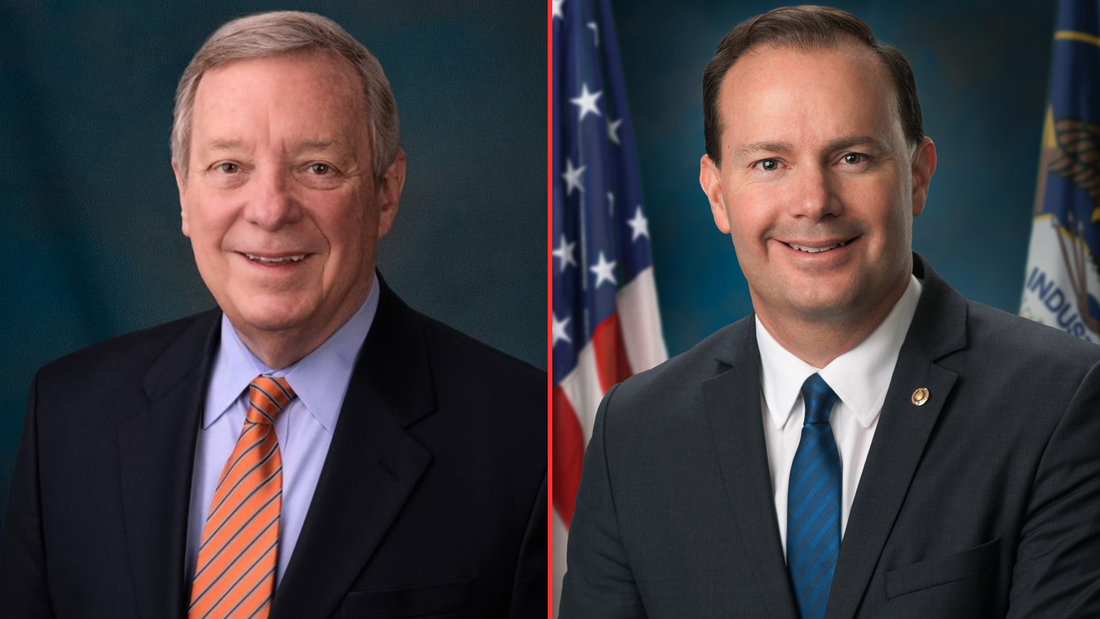|
The reauthorization of FISA Section 702, which allows federal agencies to conduct international surveillance for national security purposes, has languished in Congress like an old Spanish galleon caught in the doldrums. This happened after opponents of reform pulled Section 702 reauthorization from the House floor rather than risk losing votes on popular measures, such as requiring government agencies to obtain warrants before surveilling Americans’ communications.
But the winds are no longer becalmed. They are picking up – and coming from the direction of reform. Sen. Dick Durbin (D-IL), Chairman of the Senate Judiciary Committee, and fellow committee member Sen. Mike Lee (R-UT), today introduced the Security and Freedom Enhancement (SAFE) Act. This bill requires the government to obtain warrants or court orders before federal agencies can access Americans’ personal information, whether from Section 702-authorized programs or purchased from data brokers. Enacted by Congress to enable surveillance of foreign targets in foreign lands, Section 702 is used by the FBI and other federal agencies to justify domestic spying. According to the Foreign Intelligence Surveillance Act (FISA) Court, under Section 702 government “batch” searches have included a sitting U.S. Congressman, a U.S. Senator, journalists, political commentators, a state senator, and a state judge who reported civil right violations by a local police chief to the FBI. It has even been used by government agents to stalk online romantic prospects. Millions of Americans in recent years have had their communications compromised by programs under Section 702. The reforms of the SAFE Act promise to reverse this trend, protecting Americans’ privacy and constitutional rights from the government. The SAFE Act requires:
Durbin-Lee is a pragmatic bill. It lifts warrants and other requirements in emergency circumstances. The SAFE Act allows the government to obtain consent for surveillance if the subject of the search is a potential victim or target of a foreign plot. It allows queries designed to identify targets of cyberattacks, where the only content accessed and reviewed is malicious software or cybersecurity threat signatures. The SAFE Act is a good-faith effort to strike a balance between national security and Americans’ privacy. It should break the current stalemate, renewing the push for debate and votes on amendments to the reauthorization of Section 702. |
Categories
All
|


 RSS Feed
RSS Feed